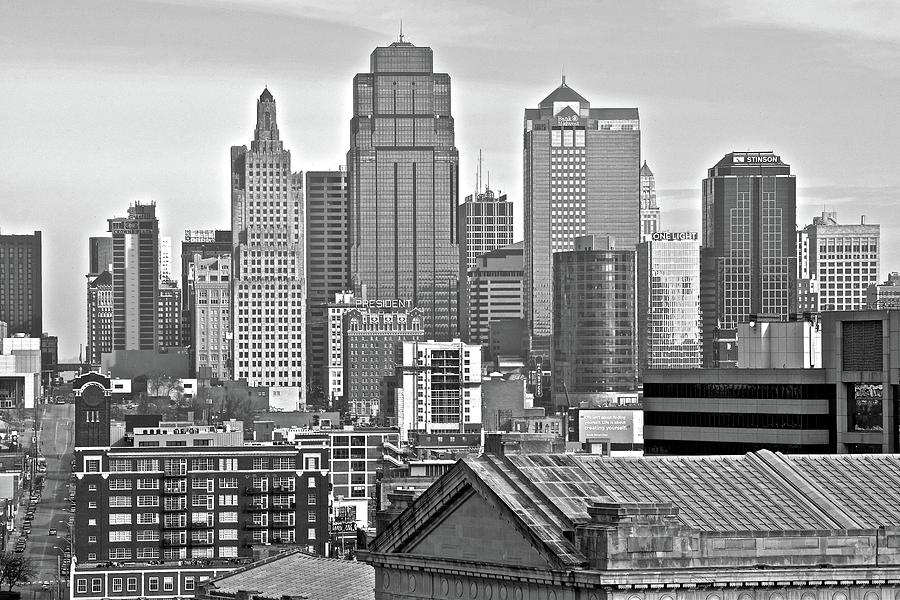
By: CRG Construction
Navigating Climate Change: Commercial Construction’s Role in Kansas City
As climate change continues to shape the world around us, its impact on various industries becomes increasingly evident. The field of commercial construction is no exception, with changing weather patterns and environmental concerns influencing the way projects are planned, designed, and executed. In the context of the Kansas City Metro Area, a region known for its diverse climate and economic vibrancy, addressing climate change within the construction sector holds significant importance. In this blog, we will explore the intersection of commercial construction and climate change in Kansas City, delving into the challenges and opportunities that arise as we strive for more sustainable and resilient built environments.
Kansas City’s climate is characterized by distinct seasons, including hot summers, cold winters, and volatile weather patterns. The region experiences a range of weather events, from intense thunderstorms and tornadoes to winter snowstorms. However, recent years have witnessed shifts in these patterns, including warmer average temperatures, increased precipitation, and a rise in extreme weather events. Commercial construction projects must now adapt to these changing conditions to ensure long-term functionality and minimize risk.
Resilience has become a key buzzword in construction and for a good reason. As the climate becomes more unpredictable, constructing buildings that can withstand and recover from adverse weather events is crucial. Commercial construction companies in Kansas City must incorporate design elements that account for increased rainfall, stronger winds, and fluctuating temperatures. This might involve using more robust materials, reinforcing structures, and implementing advanced drainage systems to prevent flooding.
Climate change has underscored the urgency of reducing carbon emissions and energy consumption. Commercial buildings are significant contributors to greenhouse gas emissions, making sustainable design practices a top priority. Constructing energy-efficient buildings with features like solar panels, smart HVAC systems, and enhanced insulation not only reduces environmental impact but also offers long-term cost savings for businesses. Moreover, incorporating green spaces and utilizing sustainable landscaping can help mitigate the urban heat island effect, a common issue in many metropolitan areas.
Kansas City’s construction industry must adapt its techniques to account for changing climate conditions. For example, extreme heat can affect the curing of concrete, potentially leading to reduced structural integrity. Commercial construction companies should explore innovative construction methods that mitigate the negative effects of temperature extremes. Additionally, adopting modular construction practices can expedite project timelines, minimizing exposure to adverse weather conditions during extended construction periods.
Addressing climate change in the commercial construction sector requires collaboration among various stakeholders. Architects, engineers, developers, and local authorities must work together to develop codes and regulations that reflect the changing climate realities of the region. Additionally, leveraging technology such as Building Information Modeling (BIM) and data-driven insights can enhance project planning and risk assessment.
Conclusion
The intersection of commercial construction and climate change in the Kansas City Metro Area underscores the need for proactive adaptation and sustainable practices. As weather patterns become more unpredictable and the effects of climate change intensify, the construction industry must rise to the challenge. By embracing resilient design, sustainable practices, and innovative construction techniques, commercial construction companies can contribute to the creation of a more climate-resilient and environmentally-conscious built environment. As Kansas City continues to evolve, so too must its construction practices, ensuring a prosperous and sustainable future for all.
Navigating Climate Change: Commercial Construction’s Role in Kansas City
Follow the link to join our monthly Newsletter: https://lp.constantcontactpages.com/sl/WpS1tqN
By: CRG Construction